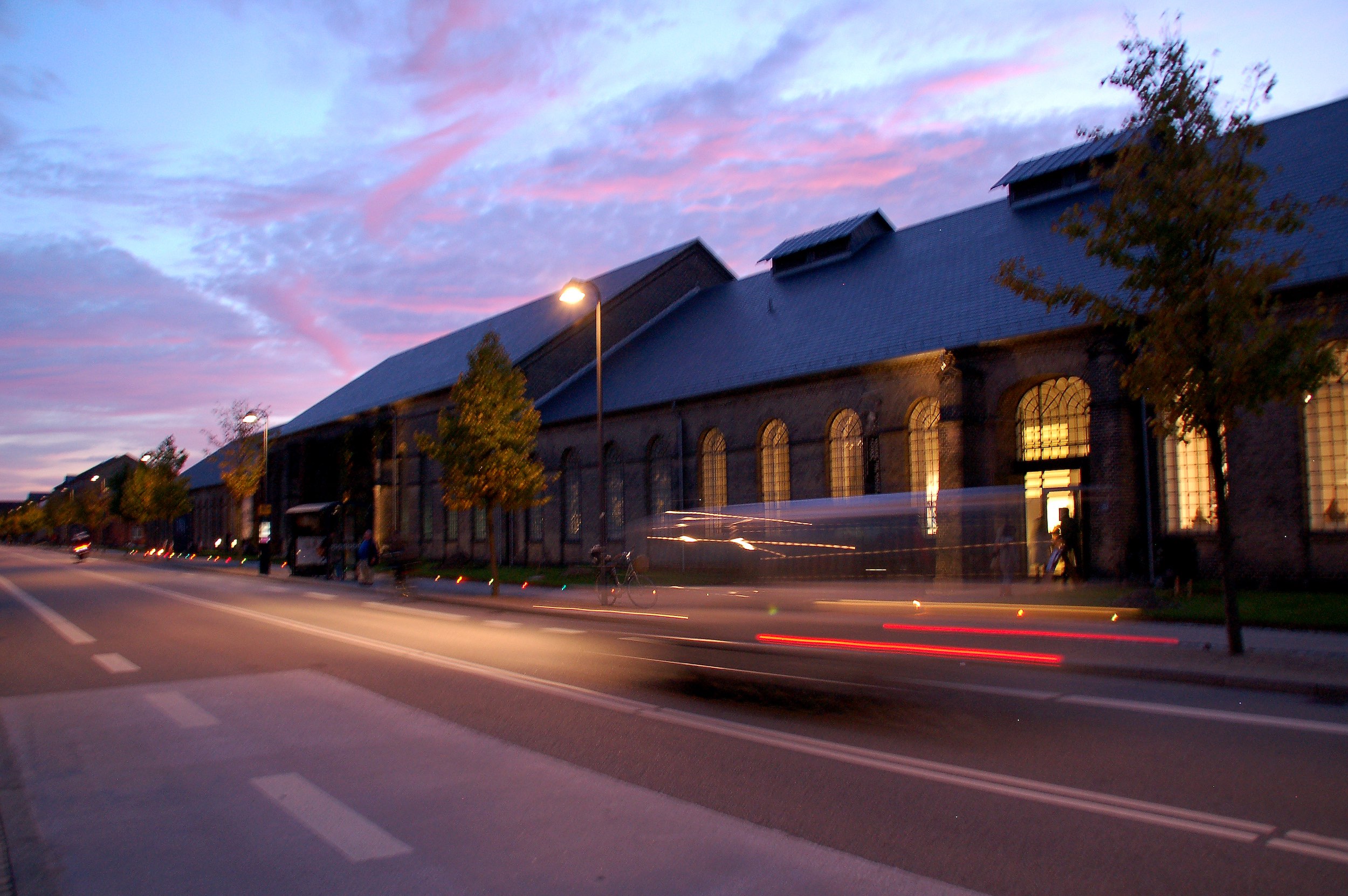Education is the foundation of Danish crafts and design. Design schools shape the coming generations of makers and designers who will be tasked with bringing our world safely into the future through new products, sustainable solutions and designs. However, when it comes to the specifics of education, opinion is divided.
The fact that more than a hundred students staged protests against the education intended to support, guide and promote their learning is a reflection of strong dedication to their chosen trade. Thus, the criticism is cause for both concern and celebration, and the students’ critical look at the institution spark reflection and development.
In early 2022, several major newspapers covered the dissatisfaction, which revolved in particular around the increasingly academic content of the education, the emphasis on marks and lack of access to workshop facilities. The students complained about unsatisfactory practical courses, which had been gradually reduced in scope as academic aspects moved to the forefront. Over the summer, however, the public protests gradually died down, and the conflict was addressed as an internal matter instead.
Outside observers are left with many questions. Were the students heard? Were their demands met? Who determined the schools’ development and direction? How does the growing emphasis on academia, quantifiable enrolment criteria and marks affect the students – and the schools? Are new manifestations brewing under the surface, or has everything returned to normal?
Budget cuts and closures
‘If we look at recent years’ political reforms, one key goal has been to bring the students through to graduation and onto the labour market as quickly as possible. Society needs labour, and the national economy needs a return on the investment in lengthy education.’
Lene Dammand Lund, Rector, Royal Danish Academy. https://kglakademi.dk/rektors-blog/dannelse (in Danish)
In Copenhagen, the Royal Danish Academy had to be restructured due to political reforms, including the closure of the master’s programme in ceramics. This year’s graduates from the ceramics line in Copenhagen are thus the last of their kind in Denmark. It is far from the first crafts and design programme in Denmark that has been discontinued. In 2007, for example, the ceramics programme at Design School Kolding was shut down.
Both design schools are facing political pressure. How can we engage in a broader debate about political priorities and their consequences for design education?
Should ‘design universities’ train masters of design and crafts? Or will the path to the sublime become more differentiated in the future?
What type of designers will be graduating from the schools 10 years from now?
Can earlier student rebellions help us predict what the future might bring?
These are some of the questions that will be addressed as Formkraft takes stock of design education in Denmark.
Follow the theme at Formkraft in November – December – January.
Facts
The Royal Danish Academy and Design School Kolding belong under the Ministry of Higher Education and Science and offer bachelor’s and master’s degrees in design.
The Royal Danish Academy – Design offers specialized training in visual design and interaction or in product design with a focus on either furniture design, spatial design and materials or clothing design and textile.
https://kglakademi.dk/designuddannelsen
Design School Kolding has established three laboratories that put design into play in relation to three key area: sustainability, social design and play. https://www.designskolenkolding.dk/forskning-udvikling
Councils and boards
Both schools have councils and boards to oversee quality assurance of programme content and teaching.
Sources
Rectors blog: https://kglakademi.dk/rektors-blog/dannelse
Closure of ceramic programme: https://kglakademi.dk/program/keramisk-design
Design School Kolding: https://www.designskolenkolding.dk/en/about-school
The Royal Danish Academy: https://kglakademi.dk/akademiets-historie
(besøgt 28/10 2022)
More knowledge in the Archive
Search for relevant topics:

